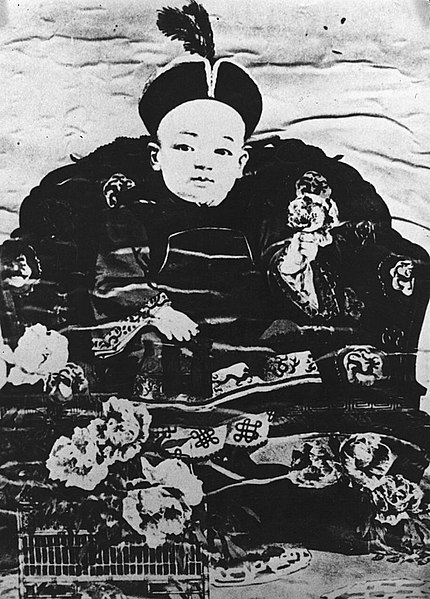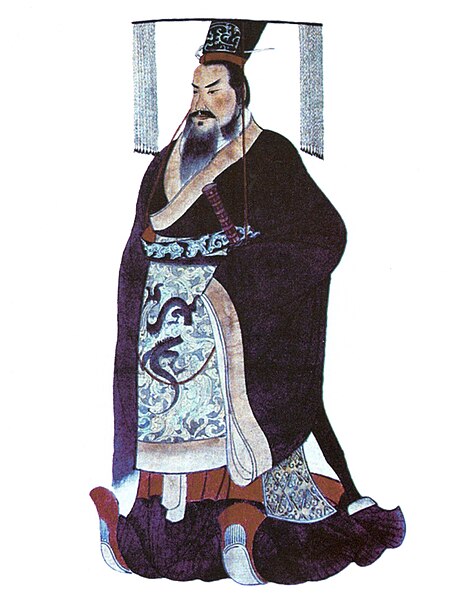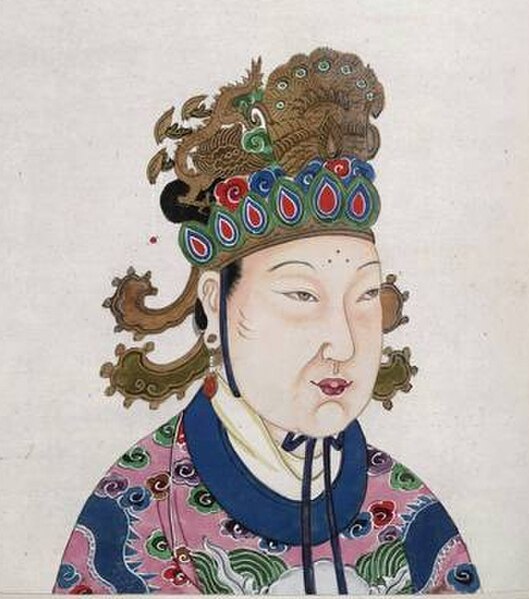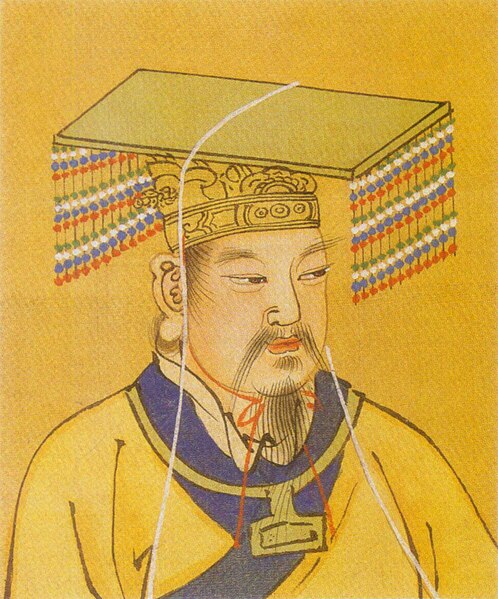Infinite photos and videos for every Wiki article ·
Find something interesting to watch in seconds
Supercars
Celebrities
Great Museums
Animals
Best Campuses
Wonders of Nature
Famous Castles
Wars and Battles
Recovered Treasures
Largest Palaces
Orders and Medals
Tallest Buildings
Ancient Marvels
Rare Coins
World Banknotes
History by Country
Crown Jewels
Countries of the World
Presidents
Kings of France
Richest US Counties
British Monarchs
Largest Empires
Great Artists
Sports
Great Cities
more top lists








